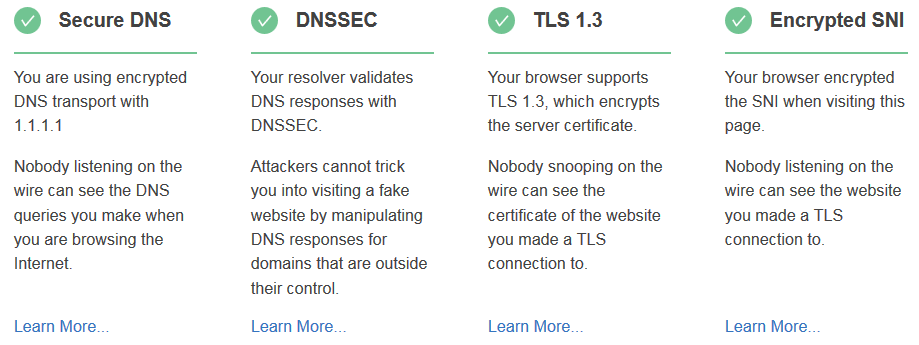Youtube video here There is one command that I have used for many years. It’s the command ipconfig /all. With that command I can see what network I’m
[See the full post at: Tasks for the weekend – February 27, 2021 Check your DNS]
Susan Bradley Patch Lady/Prudent patcher







